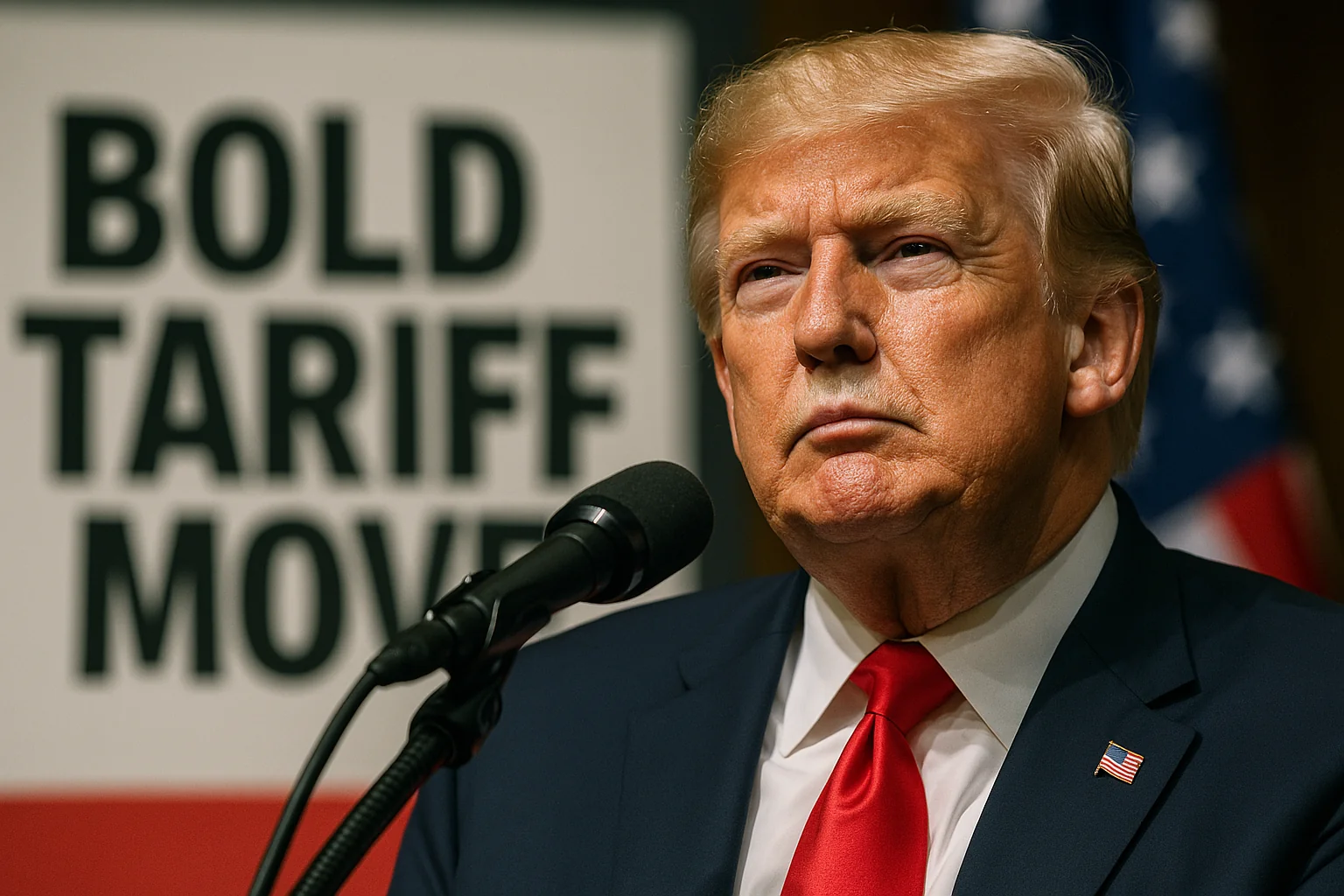During the first Trump administration, a persistent narrative of Russian collusion dominated media headlines, perpetuated by various media outlets and Democratic figures. Fast forward to the second administration, and a new challenge has emerged: the impact of rogue lower court judges on policy implementation.
In recent months, there has been a noticeable pattern of lower district court judges issuing nationwide injunctions against key policies of the Trump administration. These injunctions, often controversial and far-reaching, have significantly hindered the president’s ability to exercise executive authority as mandated by the electorate.
One of the primary concerns raised by administration officials is the frequency and scope of these injunctions. They argue that such judicial activism undermines the democratic process and circumvents the will of the people expressed through elections. From blocking executive orders on national security to halting reforms in healthcare and immigration, these rulings have sparked intense legal battles across federal courts.
“It’s not just about specific policies,” remarked a senior administration official. “It’s about the broader implications for governance and the separation of powers.”
Critics of these judicial actions point out that many of these injunctions exceed historical precedents, with more injunctions issued against the Trump administration in its early months than seen in previous administrations combined. This trend has raised questions about the judiciary’s role in checking executive power versus overstepping into policy-making territory traditionally reserved for elected officials.
Efforts to challenge these injunctions have been ongoing. The administration has pursued appeals and sought relief through the Supreme Court, emphasizing the need for judicial restraint and adherence to constitutional boundaries. However, the process has been fraught with challenges, as lower court rulings continue to set precedents that affect national policy implementation.
As one official summarized, “We are committed to upholding the rule of law and defending the executive branch’s authority to enact policies for the betterment of the American people. Addressing judicial overreach remains a critical priority.”
Looking ahead, the administration hopes for more favorable rulings in higher courts that align with their constitutional interpretations. The outcome of these legal battles could have far-reaching implications for future administrations and the balance of power between the branches of government.
In conclusion, the issue of nationwide injunctions against the Trump administration highlights ongoing debates about the limits of judicial power and its impact on democratic governance. As these legal challenges unfold, they underscore the complexities of balancing constitutional interpretations with policy imperatives in a politically charged environment.









